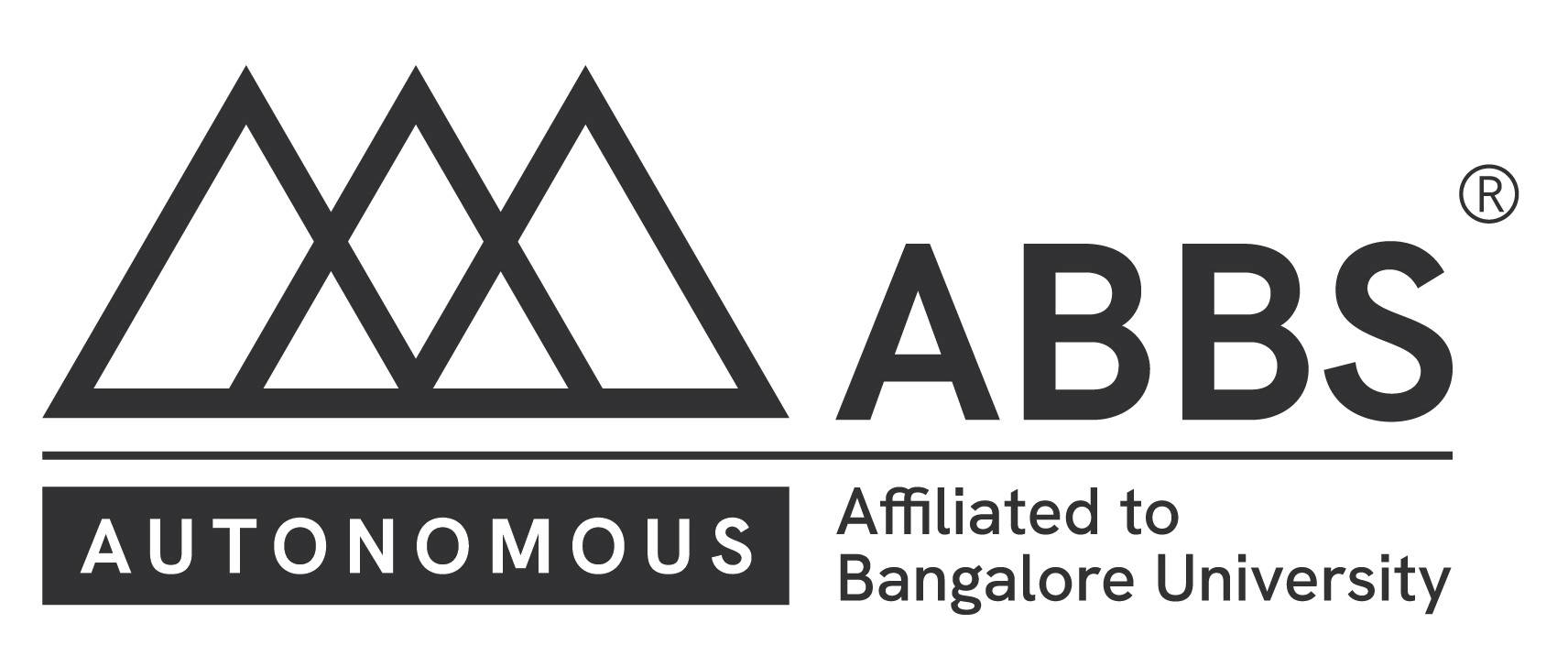National Education Policy 2020 is one of the most decisive moves by the current government so far. The policy aims to recommend numerous transformations for the education system imperative for aligning to the 2030 Agenda of sustainable development.
Access, equity, quality, affordability, and accountability are some of the policy’s foundation stones. It has something for everyone involved in the education system: the students, teachers, principal or even the school. What it has in store for the Indian students is the main focus of this article.
The multidisciplinary approach, when compared to the single higher education institution (HEI) system, would gain traction in the new system. The organizations would be gradually turned into multidisciplinary units instead of focusing on single areas of education. So IIT’s will eventually set up social and art streams to suit the needs of several disciplines operating under its banner. By 2040, all organizations will aim for 3000 students with a multidisciplinary structure. Multidisciplinary Education and Research Universities (MERU) would come up simultaneously aside IITs and IIMs to facilitate this education model.
Other interesting facets of NEP2020 impacting future students positively are:
1) Experimental learning will be put in place in all stages of the education system.
2) Board exam stakes are reduced.
3) Progress cards going forth would be more holistic and in sync with global needs.
4) Assessments would be moulded in a manner that inspires critical thinking and evaluations of the highest order in students.
5) NEP 2020 plans to reform the vocational training to make students more self-reliant, capable and independent by nature.
6) Until Grade 5, mother tongue is supposed to be the preferred mode of instructions.
7) Technological incorporations would be involved in improving every aspect of the education system.
8) The government plans to create subject-wise committees with members from the state and the centre levels working closely with schools, colleges and Universities for expanding the scope of that particular subject.
9) The University Grants Commission (UGC) and AICTE (All India Council for Technical Education) would be replaced by the Higher Commission of India.
10) The government plans to open up the Indian higher education system to incorporate foreign educationists and organizations into the Indian market. According to the statute, top 100 universities can set up a campus in India.
11) The master’s programs would now be flexible enough to be offered in different designs to the students.
12) A National Research Foundation is coming up for the future students, which can only be counted as good news.
13) The four-year degree programs would be introduced with suitable exit options for students.
14) M.Phil program would be discontinued going forth.
15) The syllabus is being reformed and reduced at every level to ensure students can learn what they study.
To summarize, we can say that all the above precepts and rules can only benefit you more than anything if you’re a student at any stage. Students can only expect to be heard in the right way, and if arrangements can get enforced appropriately by 2040, you can only expect a better life in the future.





